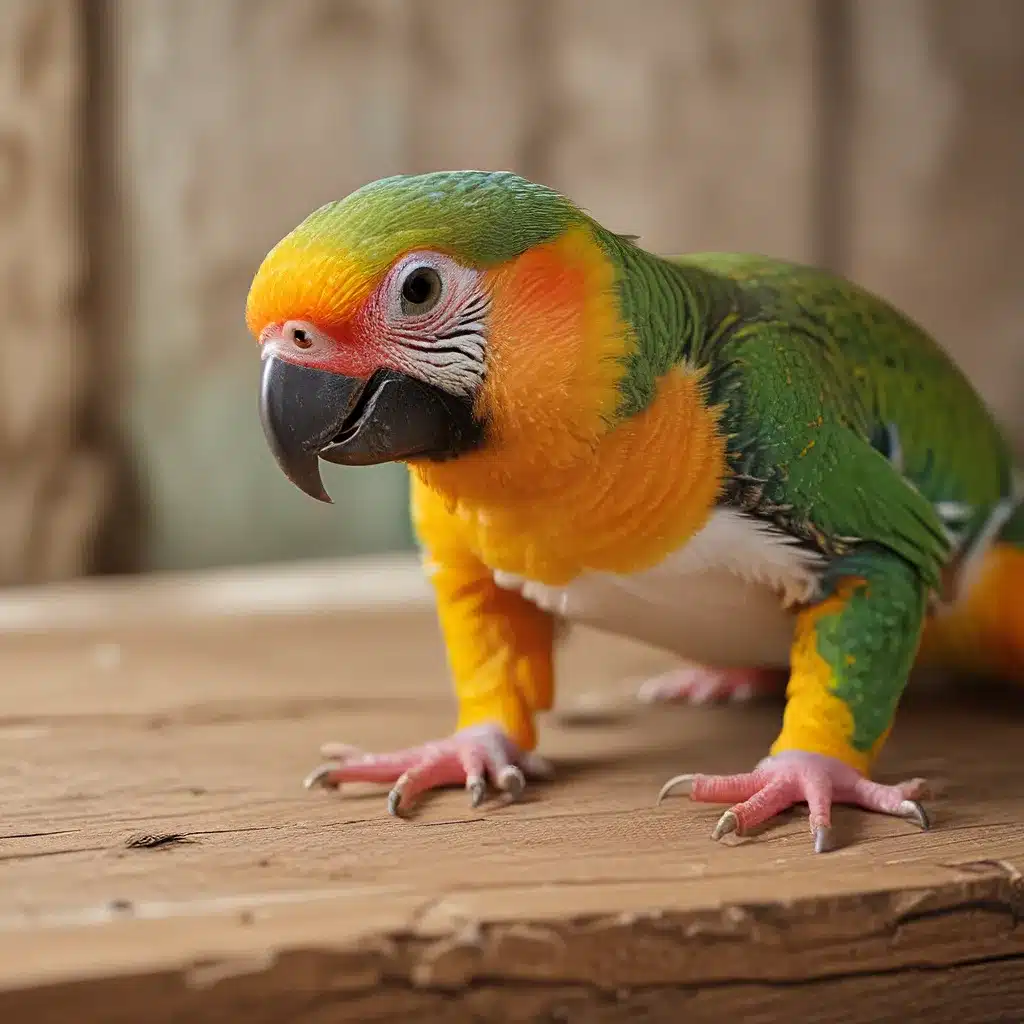
Venturing Into the Wild: The Allure and Risks of Exotic Pets
Have you ever found yourself mesmerized by the idea of owning an exotic pet? Perhaps the thought of cuddling up to a gentle sloth or witnessing the majestic grace of a Bengal tiger has piqued your curiosity. After all, who wouldn’t want to bring a little slice of the wild into their homes? But, my friend, before you start perusing online ads for that adorable baby monkey, let’s dive into the legal quagmire that surrounds the world of exotic pet ownership.
A Thriving Underworld: The Exotic Pet Trade
The exotic pet trade is a multi-billion dollar global industry, fueled by a seemingly insatiable demand for the unique and the unusual. Each year, millions of exotic animals are snatched from their natural habitats, destined to grace the living rooms and backyards of pet owners around the world. From the cuddly slow lorises to the razor-sharp-toothed primates, these creatures have become the latest must-have accessory, shared and celebrated on social media platforms.
But at what cost?
The illegal trade in wildlife is a grim reality, with countless animals suffering during capture, transport, and even after reaching their final destinations. And the consequences extend far beyond the individual creatures, impacting entire ecosystems and even human health. The Burmese python invasion in Florida’s Everglades is a prime example of how the exotic pet trade can wreak havoc on delicate natural balances.
Navigating the Legal Maze: Federal, State, and Local Regulations
As you might have guessed, the legality of exotic pet ownership is a convoluted and ever-changing landscape. At the federal level, the Lacey Act and the Endangered Species Act provide some measure of control, regulating the trade and transport of certain species. However, these laws are often toothless when it comes to private ownership, leaving the bulk of the responsibility to individual states.
The patchwork of state regulations is a dizzying array of bans, permits, and license requirements. Some states, like New York and Alaska, have taken a hardline stance, banning the private possession of exotic animals outright. Others, like Texas and Maine, have instituted complex licensing schemes, requiring owners to navigate a maze of applications, fees, and inspections.
And the plot thickens even further when you factor in local city and county ordinances. Municipalities can enact their own rules, often more stringent than their state counterparts, making it nearly impossible to keep track of what’s legally permissible.
The Perils of Exotic Pet Ownership
Owning an exotic pet is not for the faint of heart. These animals often have highly specialized needs that the average hobbyist is simply not equipped to handle. Veterinary care for a tiger is a far cry from the routine check-ups for Fido the Labrador. And the potential for catastrophic escapes or attacks is a risk that no responsible pet owner should ignore.
Just ask the residents of Zanesville, Ohio.
In 2011, a local man named Terry Thompson made national headlines when he released his entire menagerie of 56 exotic animals, including lions, tigers, and bears, before taking his own life. The resulting chaos led to the death of 49 animals and a community on edge, forever changed by the horror of that fateful day.
But the risks extend far beyond the individual owner. Exotic animals can pose a significant threat to public health and safety, with the potential to spread zoonotic diseases like Ebola and SARS. And the environmental impact can be devastating, as seen with the Burmese python crisis in Florida, where the invasive species has decimated the delicate ecosystem of the Everglades.
Captive Breeding: A Flawed Solution?
In an effort to address the devastating impact of the exotic pet trade, some have turned to captive breeding as a potential solution. The logic is simple: if these animals are bred in captivity, the pressure on wild populations will be alleviated.
But is it really that straightforward?
Captive breeding operations are often rife with their own problems, including the laundering of wild-caught animals and the sale of animals with dubious provenance. And even when the animals are genuinely captive-bred, the captive environment rarely prepares them for the rigors of life in the wild, should they ever be released.
Moreover, the captive breeding industry itself has become a lucrative business, fueling the demand for exotic pets and perpetuating the cycle of exploitation.
A Call for Tighter Regulation and Enforcement
As the exotic pet trade continues to flourish, the need for comprehensive regulation and enforcement has never been more pressing. While some states have taken bold steps to curb private ownership, the patchwork of laws and the lack of consistent enforcement have created a system rife with loopholes and gray areas.
What’s the solution?
Advocates have long called for a federal ban on the private ownership of exotic animals, similar to the restrictions in place for certain firearms. By establishing a uniform national standard, the risks to public safety, animal welfare, and the environment could be mitigated more effectively.
Alternatively, a robust licensing and permitting system, coupled with stringent care requirements and regular inspections, could help ensure that those who do own exotic pets are properly equipped to provide for their specialized needs.
Regardless of the approach, one thing is clear: the time for action is now. As the world becomes increasingly interconnected, the consequences of our collective choices regarding exotic pets will only continue to reverberate, with far-reaching impacts that we can scarcely imagine.
So, the next time you find yourself drawn to the allure of that captivating creature, remember: the stakes are high, and the legal implications can be dizzying. Before you make any decisions, be sure to consult the experts, understand the laws, and weigh the potential risks and responsibilities. After all, the wellbeing of both you and the animal depend on it.
Remember, if you’re interested in bringing an exotic pet into your life, be sure to check out GoldenExoticPets.com for the latest information and guidance on navigating the legal landscape.

